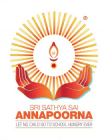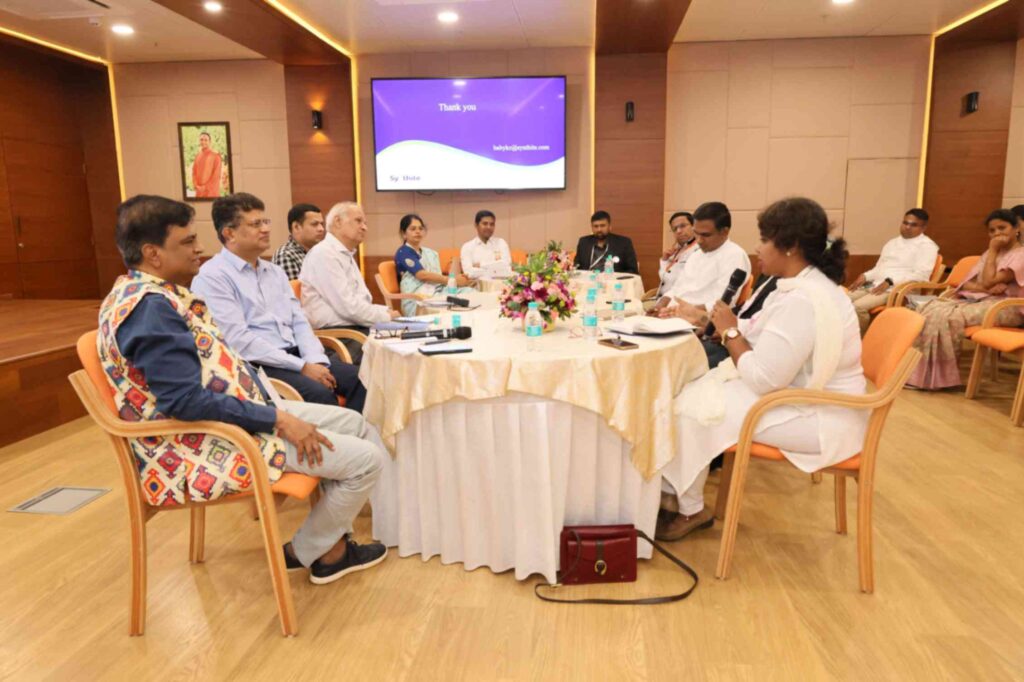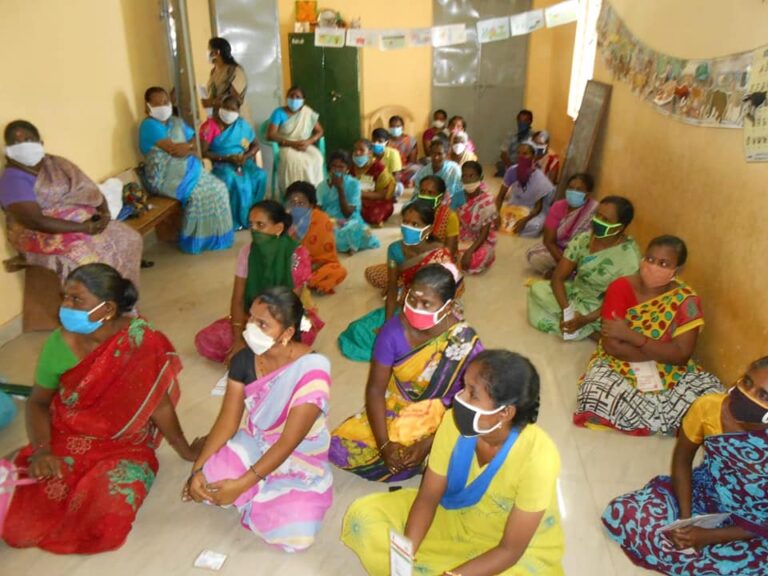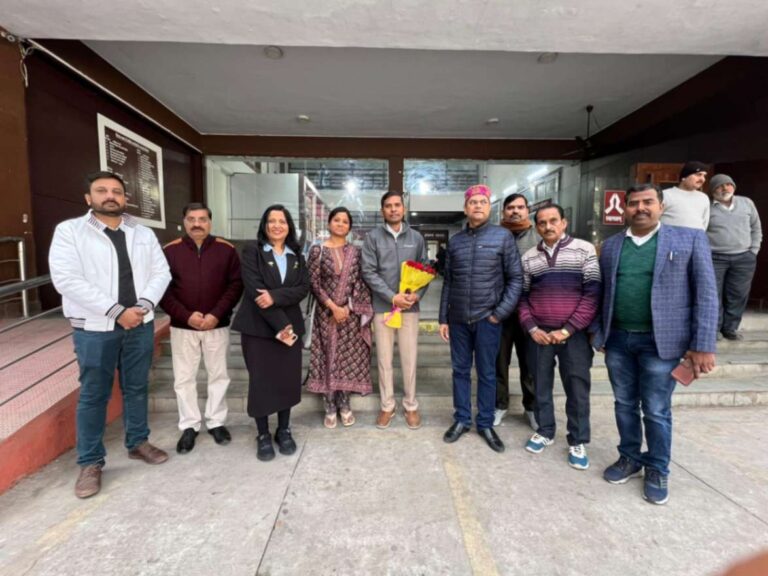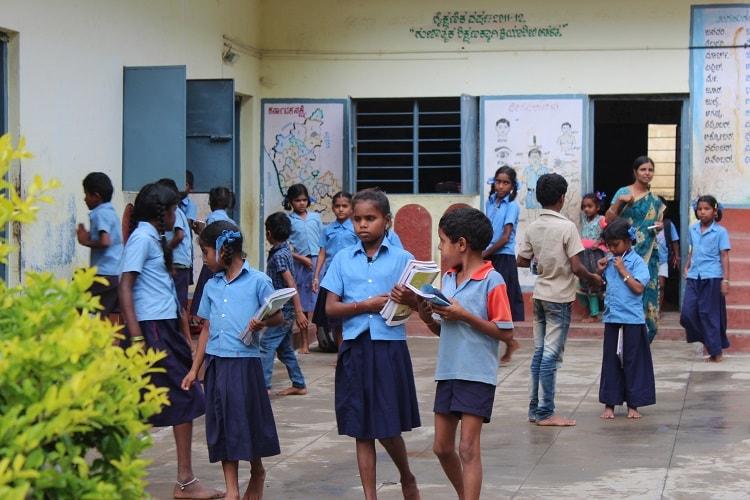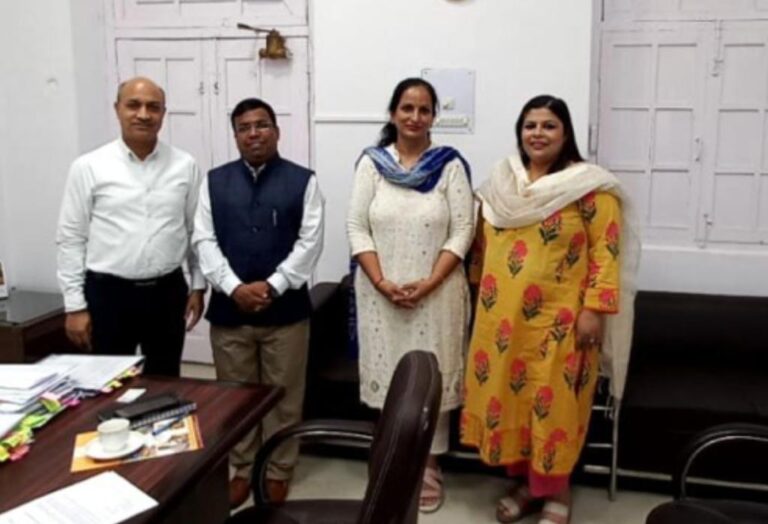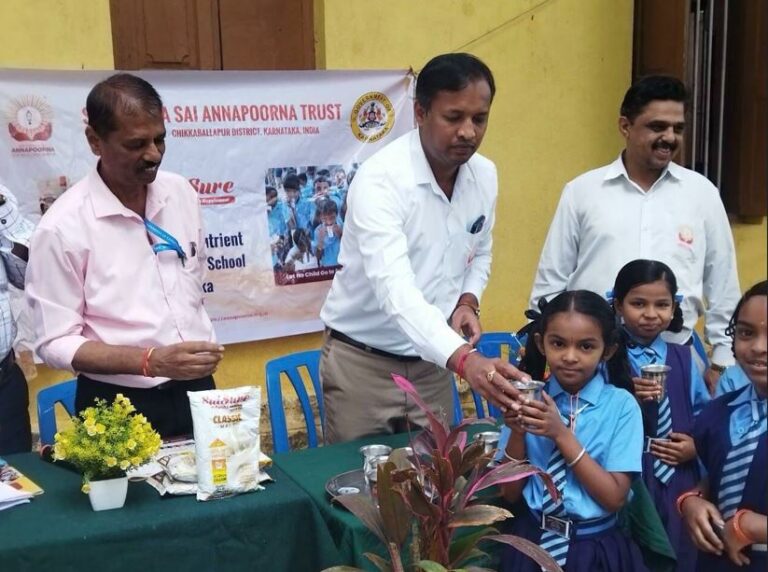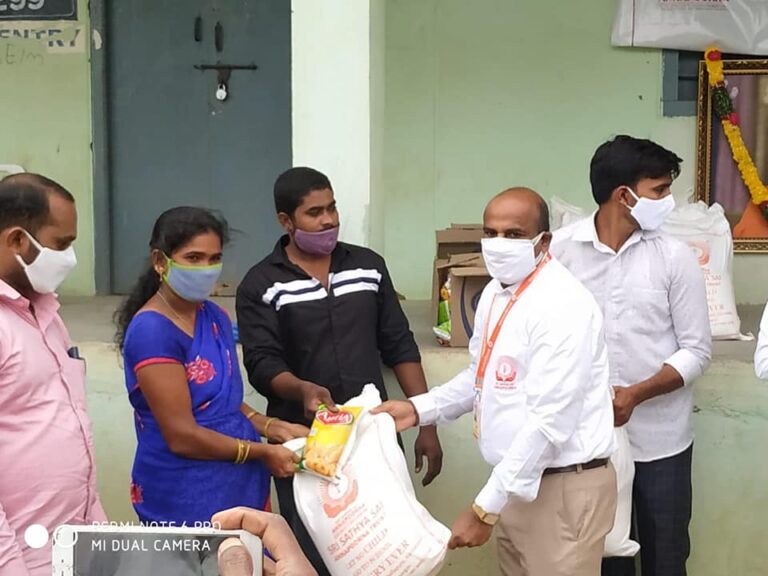“Nutrition and Nutraceuticals for India: Uniting Traditional Wisdom and Scientific Innovation for Optimal Health”
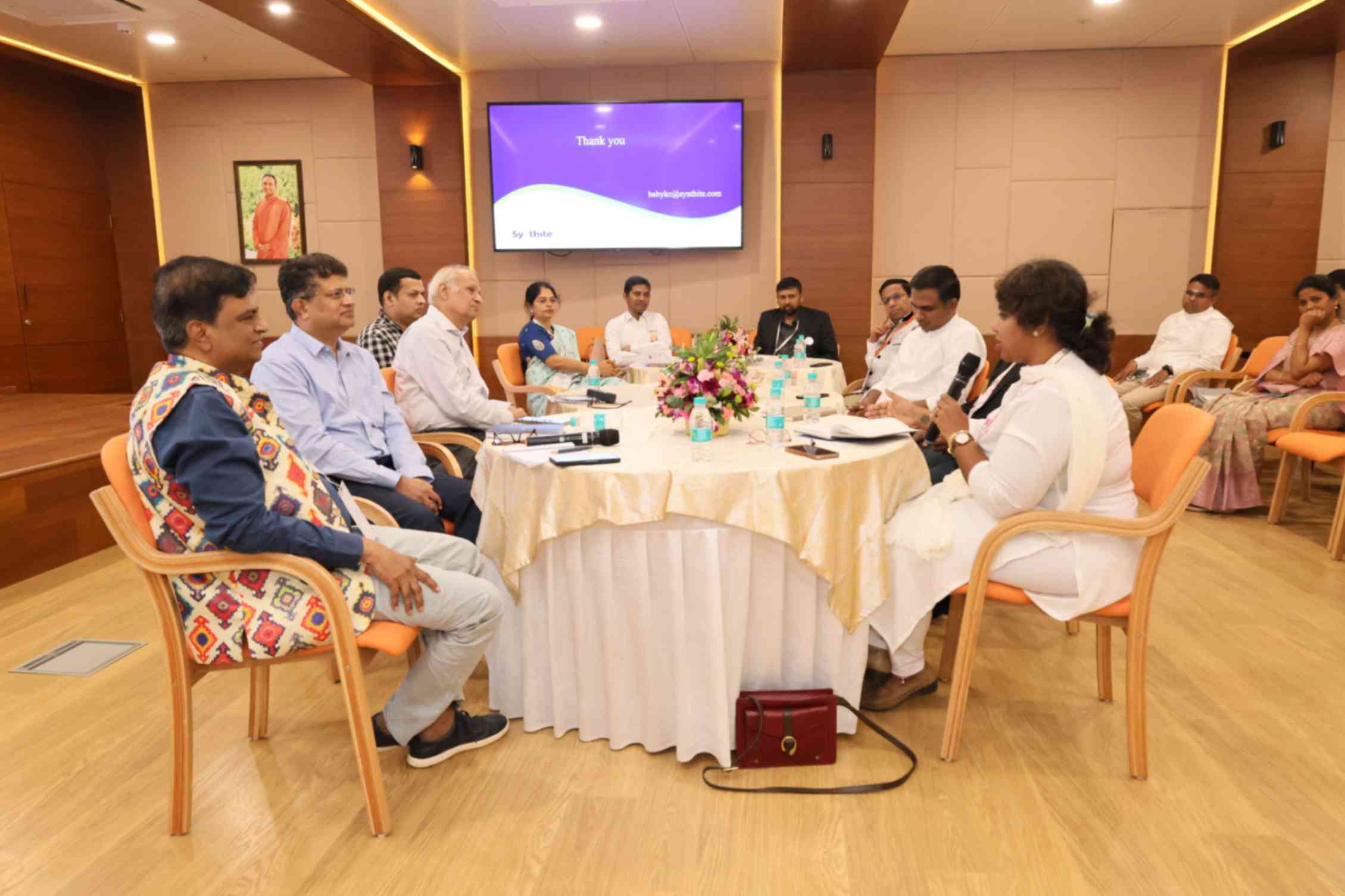
A round table about Nutrition and Nutraceuticals for India was held on August 12, 2023, at Sarla Memorial Hospital, Sathya Sai Grama, Muddenahalli, as part of the India Startup Festival (ISF) 2023.
Introduction
India has seen considerable problems with dietary inadequacy, notably in several demographic groups. Despite improvements in a number of sectors, malnutrition is still a major problem in the nation. Under-nutrition affects children under the age of five in the form of stunting (low height for age), wasting (low weight for height), and underweight (low weight for age), as well as maternal malnutrition, which affects pregnant and lactating women more often in rural areas.
In India, deficiencies in important vitamins and minerals such as iron, iodine, vitamin A, and zinc are frequent. Anemia, delayed cognitive development, and increased susceptibility to infections are just a few of the severe health issues that can result from these deficits. India is struggling with the problems of undernutrition, overnutrition, and an increase in obesity, especially in metropolitan areas. A difficult public health dilemma is presented by this twin burden of malnutrition. The root causes of dietary inadequacies in India include poverty, illiteracy, gender inequity, and insufficient access to healthcare services.
Nutraceuticals for India
The nutraceutical and health supplement industries in India have been expanding, but they also confront a number of difficulties. There is confusion regarding the precise dosage of vitamins and minerals needed by the human body because herbal ingredients are occasionally combined with nutritional vitamins, minerals, and amino acids to provide health benefits under the guidelines of ICMR-governed FSSAI regulations, which are also administered by pharmaceutical regulations. Concerns regarding inconsistent product quality and the absence of established testing procedures raise questions about the effectiveness and safety of the products. There are no explicit requirements for any preclinical or scientific research to support the safety and health benefits of nutraceuticals or health supplements. The distinction between food and nutraceuticals is extremely small, which causes misunderstanding about their categorization and regulation. This is the biggest challenge associated with nutraceutical products. Future laws must consider the precise categorization, functional applications, and advantages of ingredients like turmeric (curcumin), ginger (gingerol), pepper, etc., because they are used in both AYUSH and pharmaceutical preparations in addition to food and nutraceutical/health supplements.
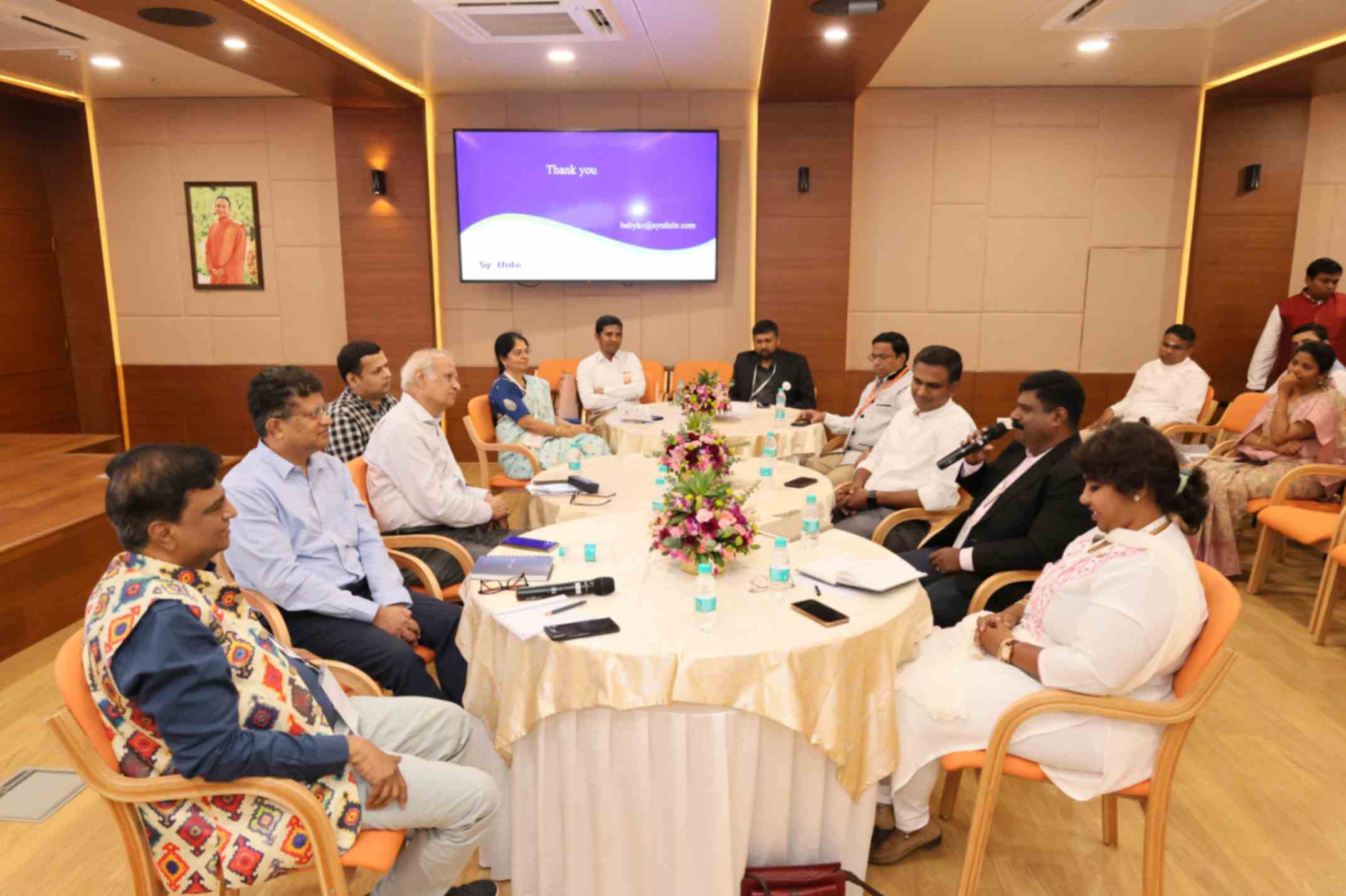
Millets as nutraceutical food
Nutraceutical/health supplement millets are a growing topic of interest and investigation outside of already available conventional and functional food, both in terms of cultivation and nutrition. Because of their remarkable nutritional profile and possible health advantages, millets are sometimes referred to as nutraceutical foods. A wide range of vital elements, such as dietary fiber, protein, vitamins, especially B-vitamins like niacin, thiamin, and vitamin B6, and minerals may be found in millets. Since they have a balanced nutritional profile, they provide value to a healthy diet with a low glycemic index (GI). Millets’ blend of dietary fiber, complex carbs, and proteins can increase satiety and aid in weight control. They can support bone health by maintaining minerals like calcium, magnesium, and phosphorus, or they can support digestive health by encouraging healthy gut microbiota. Millets include a variety of antioxidants, such as flavonoids, phenolic compounds, and other phytochemicals, and they can help to reduce cholesterol, blood pressure, and inflammation.
It is important to keep in mind that the precise nutraceutical value of millet might change based on the millet type, as well as depending on cooking, processing, and individual health conditions. Utilizing the potential nutritional benefits of a range of millets in the diet will help reap those benefits. It is advised to stay current with new findings in this area of study as well as consult with medical experts for personalized dietary guidance.
Programs to address issues related to nutrition.
The National Health Mission (NHM), the Integrated Child Development Services (ICDS), and the Poshan Abhiyaan (National Nutrition Mission), among others, are some of the nutrition-focused programs and initiatives that the Indian government has put in place to address these issues.
Governments may also offer financial incentives to farmers for agricultural production, such as subsidies, grants, and low-interest loans for focusing on these subjects. Investment in R&D, creation of procurement procedures, guaranteeing a minimum support price for millets, construction of processing facilities, and production of millet goods with added value. A comprehensive and well-coordinated approach to promoting nutrients in millets can be achieved by incorporating millets into nutrition programs in Public Distribution Systems, encouraging sustainable and organic farming practices, training programs, international trade promotion, evidence-based policy decisions and strategies, awareness campaigns, and collaborations between government agencies, research institutions, non-governmental organizations (NGOs), and the private sector.

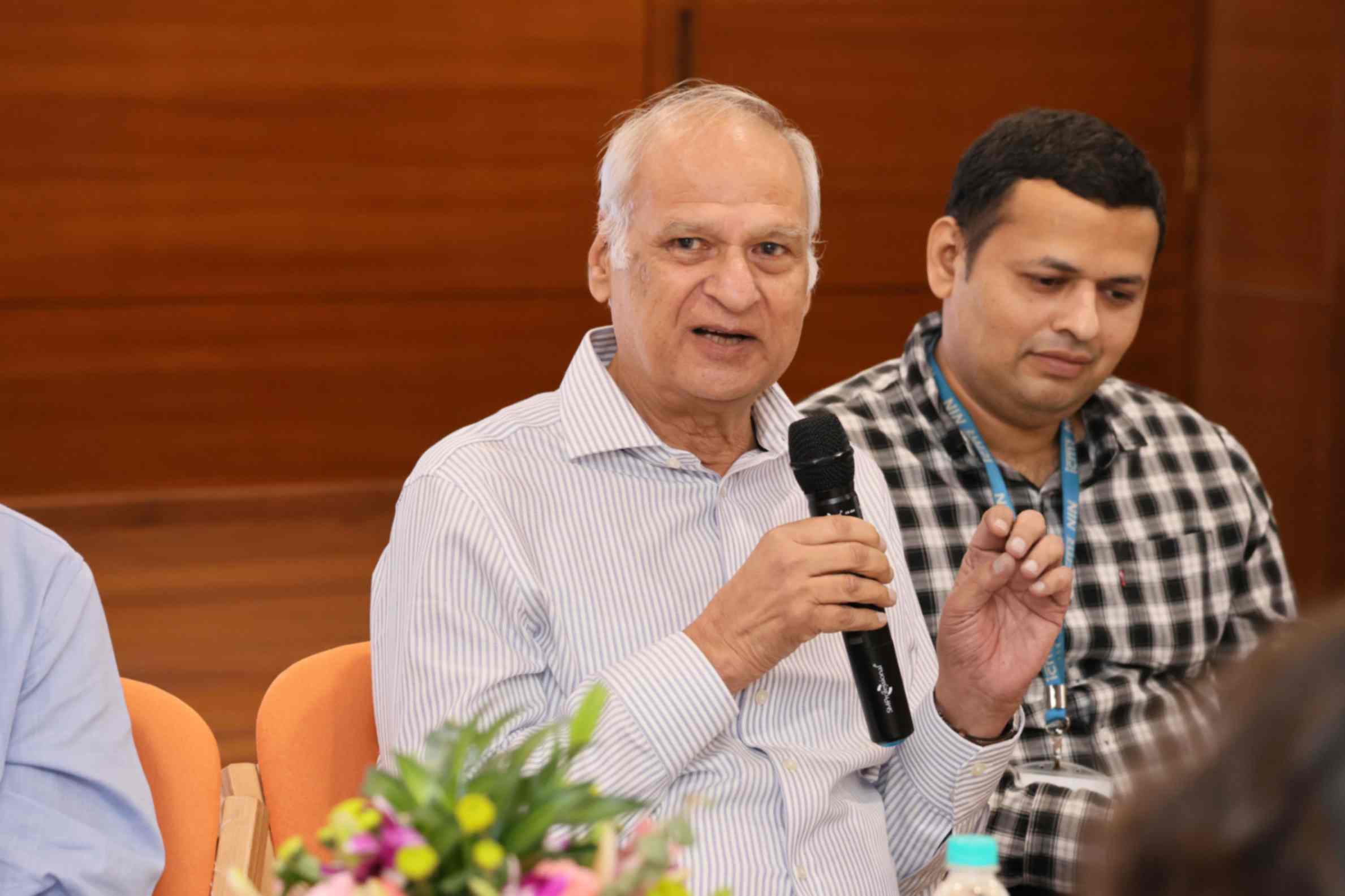
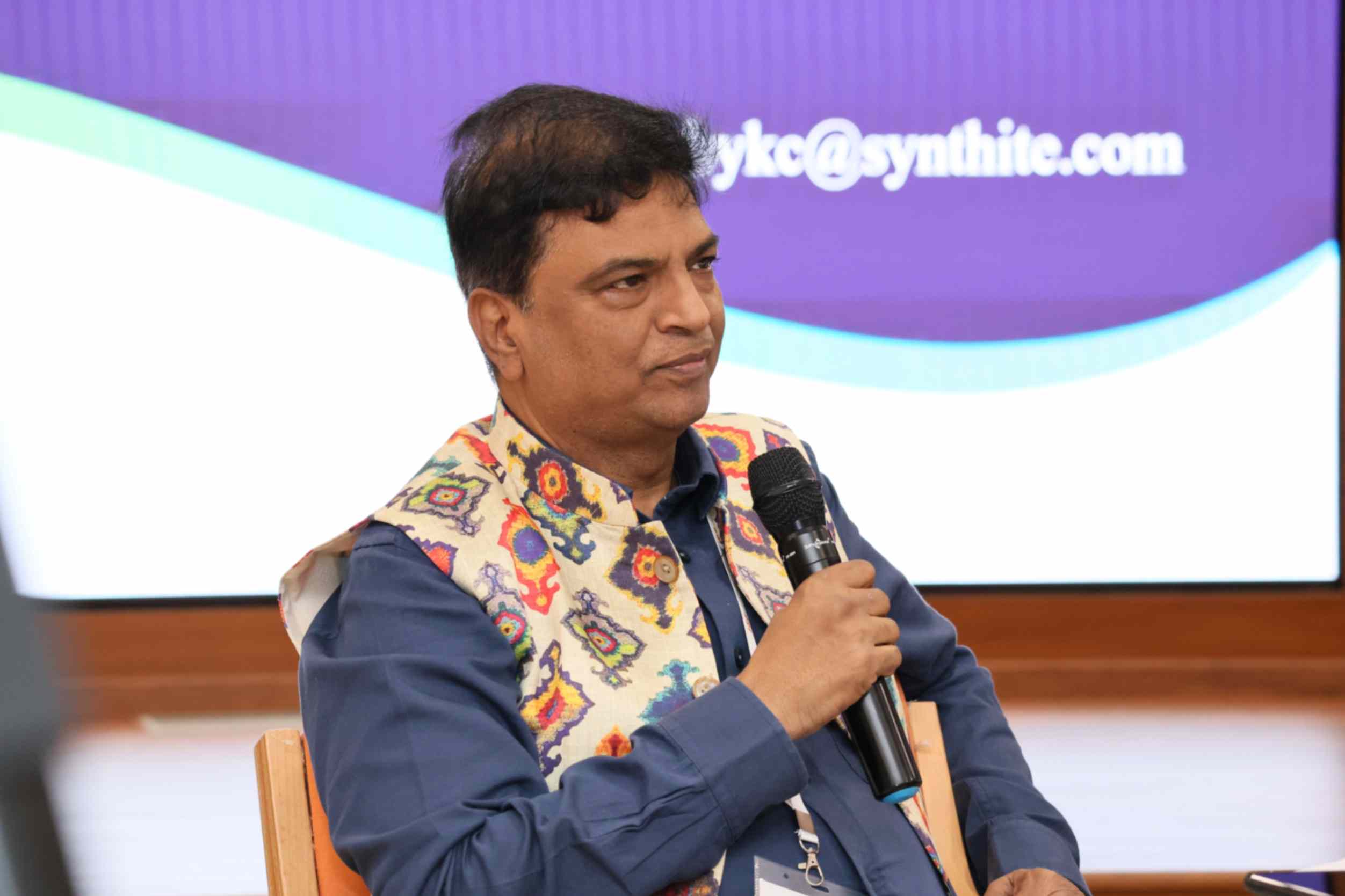
Nutrition Security
India is moving from food to nutrition security. Millets are the candidate crops that are now termed as Smart foods as they are good for people’s health, good for farmers, and good for the planet as are climate resilient with low water footprints and carbon neutral. Finally, they are good for businesses.
NUTRIHUB, Indian Institute for Millet Research (IIMR), Hyderabad, built a value chain on millets with multi-stakeholder linkages to mainstream millets through various interventions. International Year of Millets 2023 is a major breakthrough, through which awareness creation is built to create demand for millets through export markets by the 400-plus startups nurtured and technically backstopped by Nutrihub, IIMR.
Now India is a Global hub on millets, and the Hon’ble PM dedicated IIMR as a Global Centre of excellence. Nutrihub works with various state governments to mainstream millets in publicly funded programs for ICDS, and MDM, and is also keen to collaborate with Sri Sathya Sai Annapoorna Trust to enable nutritional outcomes and enhance the incomes of millet farmers.
The role of nutraceutical products is to improve health and emphasize the need to use natural products.
The round table had many esteemed speakers who shared their insights on nutrition, role of millets for better health and to encourage agriculturists to grow millets.
Dr. Raj Bhandari spoke about the importance of nutrition to prevent chronic diseases, and the role of millets in improving the health of people and Mother Earth, which is otherwise battling global warming. He concluded that Millets are not an option but imperative.
Dr. B Dayakar Rao – Principal Scientist at IIMR, shared his views on taking the International Year of Millets from 2023 and beyond. Only when we take the cultivation of millets and support the farming community for long years, can we build confidence in them to switch from traditional cultivation of rice, wheat, etc., to millet-based cultivation.
This was followed by Ayurvedic expert Dr. Anupama Uppuluri, who spoke about the role of traditional Ayurveda and its value in improving health. She said that each body’s needs are different, and Ayurveda has been used for ages by our ancestors to benefit health and longevity. She, however, said that there is a lack of scientific data and there is a need to generate data through this platform and stakeholders.
Dr. Raja Sriswan M spoke about nutrition and the role of NIN (National Institute of Nutrition) as a father figure in India’s Nutrition policies through the development of dietary guidelines that can be understood by the common person. He also said that aspects of nutrition that not only improve physical health, but also mental health should be looked into. Explaining that many coastal areas have been flourishing due to the abundance of iodine and DHA in the seafood they get, he said these nutrients need to be fortified in children’s diets. He also emphasized the importance of millets, which can improve the fiber content of the diets of south Indian foods that are otherwise rich in refined cereals (rice). He said there is a need for introducing millets through PDS in these states that can improve agricultural productivity (less use of water). Fruits and vegetables being the cornerstone of any healthy diet, he highlighted that at least 5 servings need to be consumed for optimal health, and for those with chronic diseases, 7 servings are recommended each day. These can be grown through modern techniques such as aeroponics, which is now viable financially, especially for green leafy vegetables, tomatoes, and cucumbers. He concluded by saying that healthy diets are the cornerstone of good health and longevity.
Mr. Anand Kadali – Secretary of Sri Sathya Sai Annapoorna Trust, said, “Scaling the usage of millets in schools encourages farmers to grow millet-based foods. Out Trust has the ambitious goal of serving SaiSure Millet Multi Nutrient Health Mix to 8 crore children within the next 5 years.”
Mr. Bharani Prasad – Director at SaiSure Nutritions, said, “We need to create an ecosystem of research, farming, demand, supply chain, distribution, and retail. Once we know the pressing challenges or difficulties on any of the chain links, other related entities can come forward and mitigate the risks involved.”
Speakers at the Nutrition and Nutraceuticals round table were,
- Dr B Dayakar Rao – Principal Scientist at IIMR
- Dr Raj Bhandari – Member of National Technical Board of Nutrition
- Dr Raja Sriswan M – Scientist at National Institute of Nutrition
- Dr Baby – VP, Bio Ingredient Division, Synthite Industries
- Padma Preeti – Director & CEO at Enlight Life
- Dr Anupama Uppuluri – Chief Doctor at Snigdha Ayurvedic Hospital
- Dr Shiva Mahesh Tangutooru – CEO of Jama Botanics & Turfpearl Agritech
- Dr Satish Babu – MD, MRCP, CCST (London), Chairman, Scientific Committee of Nutrition
- Anand Kadali – Secretary & Trustee of Sri Sathya Sai Annapoorna Trust
- Bharani Prasad – Director at SaiSure Nutritions
- Ashish Bhardwaj – National CSR Manager at Sri Sathya Sai Annapoorna Trust
